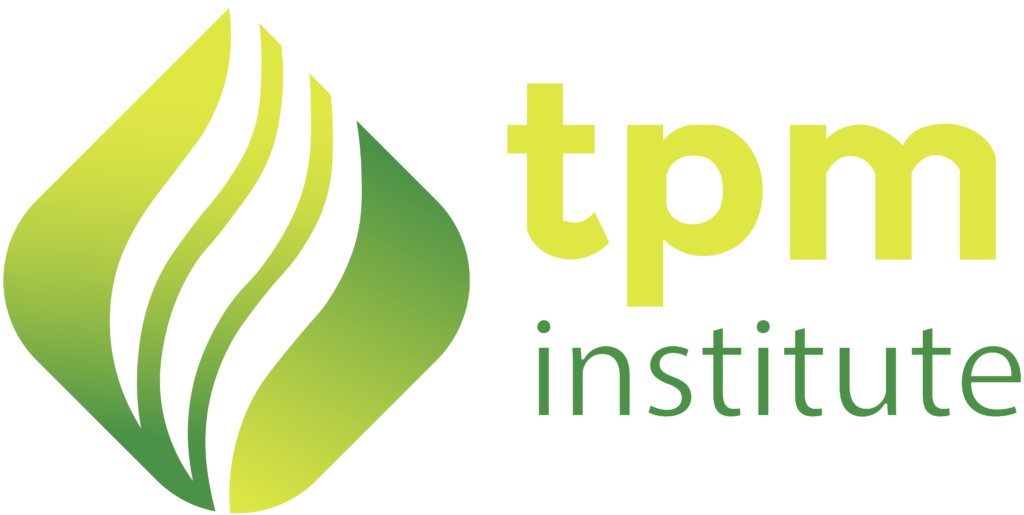In today’s rapidly evolving technological landscape, the demand for skilled Technical Manager Courses is higher than ever. Organizations rely on TPMs to bridge the gap between technical teams and business objectives, ensuring that complex projects are delivered on time, within budget, and aligned with strategic goals. This article explores the essential responsibilities of a Technical Program Manager and highlights top courses to help aspiring professionals advance their careers.
What is a Technical Program Manager (TPM)?
A Technical Program Manager is a specialized role that combines technical expertise with program management skills. TPMs oversee the planning, execution, and delivery of technical projects, coordinating cross-functional teams to achieve project milestones efficiently. Unlike traditional project managers, TPMs have a deep understanding of technology and play a crucial role in solving technical challenges while maintaining a focus on business outcomes.
Key Responsibilities of a Technical Program Manager
- Strategic Planning: Defining project goals, scope, and success metrics in alignment with organizational priorities.
- Team Coordination: Collaborating with software engineers, product managers, and stakeholders to streamline communication and workflows.
- Technical Expertise: Understanding the technical aspects of projects to provide guidance and address challenges effectively.
- Risk Management: Recognizing potential threats and developing strategies to mitigate them, ensuring the project’s success.
- Resource Allocation: Managing budgets, timelines, and resources to optimize project efficiency.
- Stakeholder Communication: Keeping stakeholders informed through regular updates and comprehensive reporting.
Why is the Role of a TPM Crucial?
Technical Program Managers are pivotal in delivering innovative solutions while minimizing risks and costs. Their ability to navigate both technical and managerial domains makes them invaluable assets to organizations aiming to remain competitive in the digital age.
Benefits of Hiring a TPM
- Improved Efficiency: TPMs streamline processes and reduce bottlenecks.
- Enhanced Collaboration: They act as a bridge between technical teams and non-technical stakeholders.
- Quality Assurance: Their technical expertise ensures the delivery of high-quality products.
- Scalable Solutions: TPMs design scalable frameworks that support long-term business growth.
How to Become a Successful Technical Program Manager
Success as a Technical Program Manager requires a combination of technical knowledge, management skills, and industry-specific expertise. Here are some steps to help you build a strong foundation:
- Develop Technical Skills
Proficiency in software development, cloud computing, data analytics, and other technical domains is essential. Understanding the tools and technologies used in your industry will enable you to communicate effectively with technical teams.
- Master Program Management Techniques
Gain expertise in project management methodologies like Agile, Scrum, and Waterfall. Acquiring certifications like PMP (Project Management Professional) or Certified Scrum Master (CSM) can boost your credibility.
- Strengthen Communication Skills
Effective communication is critical for aligning teams and stakeholders. Practice delivering clear, concise updates and facilitating productive discussions.
- Pursue Continuous Learning
The field of technology is constantly changing. Staying updated on the latest trends and acquiring new skills through specialized courses will keep you ahead of the curve.
Top Courses for Program Managers
To excel as a Technical Program Manager, investing in high-quality training is essential. Below are some of the best courses for aspiring and experienced program managers:
- Technical Program Management by TPM Institute
- Description: This course provides a comprehensive overview of the TPM role, covering strategic planning, risk management, and technical communication.
- Key Features:
-
- In-depth modules on Agile and Scrum methodologies.
- Case studies from leading tech companies.
- Interactive workshops and real-world project simulations.
- PMP Certification by PMI
- Description: The Project Management Professional (PMP) certification is globally recognized and covers essential program management skills.
- Key Features:
-
- Advanced project planning techniques.
- Risk assessment and stakeholder management.
- Emphasis on leadership and teamwork.
- Agile and Scrum Master Class by Courser
- Description: Learn agile principles and Scrum practices to manage projects more effectively.
- Key Features:
-
- Hands-on exercises.
- Peer-reviewed assignments.
- Certification upon completion.
- Data Analytics for Program Managers
- Description: Gain insights into leveraging data analytics to enhance decision-making and project outcomes.
- Key Features:
-
- Practical applications of data analysis tools.
- Case studies and industry insights.
- Flexible learning schedule.
- Leadership in Technical Program Management by LinkedIn Learning
- Description: Develop leadership skills specific to the TPM role.
- Key Features:
-
- Video lessons from industry experts.
- Real-life examples of effective leadership.
- Actionable strategies for team motivation.
The Role of a Technical Program Manager is integral to the success of modern organizations. By combining technical expertise with strategic program management, TPMs ensure that projects are executed seamlessly and deliver maximum value. Whether you are an aspiring TPM or looking to enhance your existing skills, enrolling in targeted courses can significantly accelerate your career growth.
Visit TPM Institute to explore comprehensive training programs designed for Technical Program Managers. Equip yourself with the skills and knowledge needed to excel in this dynamic and rewarding field.
Email Address: – info@tpminstitute.org
Call Us: – +1 (215) 430-2201





